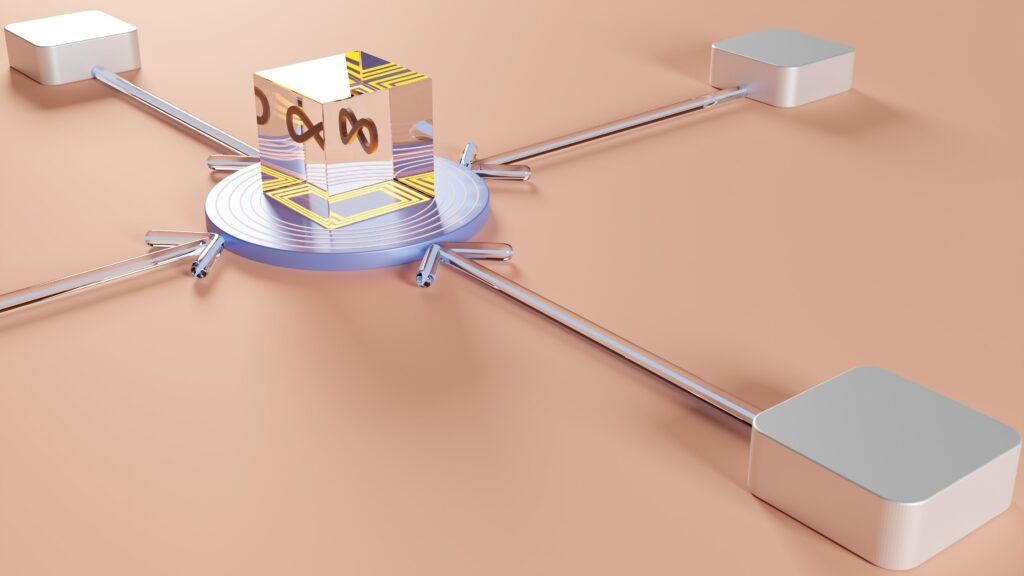Explore the crucial role of a DevOps Engineer through our detailed job description, unveiling the essential responsibilities, skills, and qualifications required to excel in this position.
Table of Contents
Introduction
A DevOps Engineer is responsible for bridging the gap between development and operations teams, by designing, building and maintaining CI/CD pipelines in multiple integration and test environments. They are responsible for creating Docker container images and a container image repository, as well as installing, configuring and managing Kubernetes clusters that support the CI/CD deployment pipelines. The DevOps Engineer also has hands-on experience with at least one configuration/deployment management system such as Chef, Puppet, Ansible, AWS Cloud Formation, Salt or other similar tools.

DevOps Engineer Responsibilities
The primary responsibilities of a DevOps Engineer include:
- Design, build and maintain CI/CD pipelines in multiple integration and test environments.
- Create Docker container images and a container image repository.
- Install, configure and manage Kubernetes clusters that support the CI/CD deployment pipelines.
- Automate the build, deployment, testing and release processes.
- Implement infrastructure as code using tools such as Terraform.
- Develop and maintain scripts to automate various tasks.
- Monitor and manage the production environment to ensure availability and performance.
- Troubleshoot issues and provide solutions for production problems.
- Collaborate with development and operations teams to ensure seamless integration and delivery of applications.
DevOps Engineer Typical Job Qualifications
To become a DevOps Engineer, candidates typically need a bachelor’s degree in computer science, information technology, or a related field.
In addition to education, candidates should possess the following skills and qualifications:
- Strong understanding of software development principles and practices.
- Hands-on experience with containerization technologies such as Docker and Kubernetes.
- Experience with configuration management and automation tools such as Chef, Puppet, Ansible, AWS Cloud Formation, Salt or other similar tools.
- Proficient in at least one scripting language such as Python, Bash or PowerShell.
- Knowledge of infrastructure as code tools such as Terraform.
- Understanding of networking and security concepts.
- Familiarity with cloud computing platforms such as AWS, Azure or GCP.
- Excellent problem-solving and analytical skills.
- Strong communication and collaboration skills.
Conclusion
In summary, a DevOps Engineer plays a crucial role in the software development lifecycle by designing, building and maintaining CI/CD pipelines that enable faster and more efficient delivery of applications. They have a strong understanding of software development principles and practices, as well as hands-on experience with containerization technologies, configuration management and automation tools, and infrastructure as code. They are also proficient in scripting languages, knowledgeable in networking and security concepts, and familiar with cloud computing platforms. Good problem-solving and communication skills are essential for this role.

